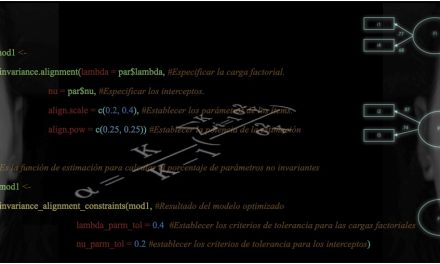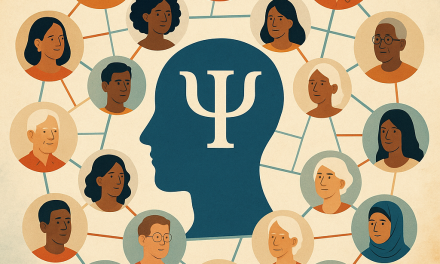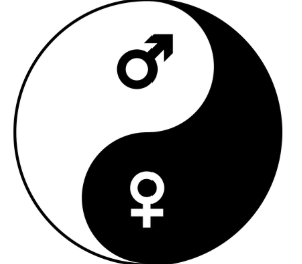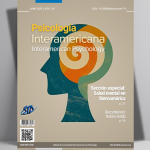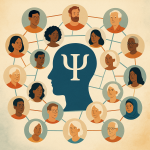
Mental Health and Gender in Healthcare Personnel during the COVID-19 Pandemic in Latin America

Andrea Garcés León, Peru
This article, published in the magazine “Intervención”, addresses the effects on healthcare workers’ mental health that arose during the COVID-19 pandemic, emphasizing that these problems are influenced by gender.
The information is produced through a quantitative gendered analysis of the baseline of a multinational study: The COVID-19 HEalthcaRe wOrkErs Study (HEROES). In that study, a survey was conducted among 9,820 participants of healthcare workers in Argentina, Brazil, Chile, Peru and Uruguay. This article focuses on multiple logistic regression models for men and women in these countries based on the General Health Questionnaire (GHQ-12) and the Patient Health Questionnaire (PHQ-9).
As the main conclusions, women reported a more significant deterioration in their mental health, which responds to factors linked to traditional gender roles: greater relevance about caring for others and prioritizing relational aspects over personal ones.
A greater mental health risk is identified in women who perceive that they do not have supportive relationships and are stigmatized. On the contrary, men give more importance to the public sphere and self-care, which is why they have a lower prevalence of mental health effects.
The article recommends including a gender perspective in designing mental healthcare policies for healthcare workers.
Reference
de Freitas, M. G., Jaldo, R. E., Giménez, L., Ballester, D., Gadea, S., León, A. G., … & Alvarado, R. (2023). Salud mental y género en el personal sanitario durante la pandemia COVID-19 en Latinoamérica. Revista Intervención, 13(1), 34-50. https://doi.org/10.53689/int.v13i1.167
Contact: a.garces@pucp.edu.pe



